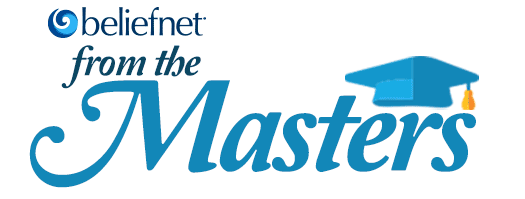| Hello, and welcome to this Wednesday's edition of the Insider Tech newsletter, where we break down the biggest news in tech. If you're not already subscribed, click here to get Insider Tech in your inbox every week.
This week: Palantir's long path and the omnipresence of Peter Thiel Today is the day that Palantir begins trading as a public company. The Big Data company's Wall Street debut will be closely watched as a barometer for direct listings and for the broader tech rally. You might already know that Palantir has been around for a long time — since 2003. The internet looked a lot different then, and while the stock market will provide one important way to measure Palantir's worth since, its own history over the past 17 years provides a fascinating look into the tangled, interconnected layers of the internet. - Palantir was founded by Peter Thiel and others in 2003, one year before Facebook was founded (a startup that Thiel would invest in early on, and acquire a board seat he still retains).
- One of Facebook cofounders was Dustin Moskovitz. He left Facebook in 2008 to start Asana, which is also doing a direct listing today.
- One of the first big hits on the Facebook platform was FarmVille, a "social" video game in which you plant crops and raise livestock. FarmVille's reign as the top video game on Facebook seems like eons ago, but when it launched in 2009, Palantir was already six years old. On Monday, video game company Zynga announced that Farmville will officially shut down on Facebook by the end of the year.
- 2003 was also the year that Tesla was founded. Elon Musk joined the company as Chairman a year later. Musk and Thiel, are of course, connected through PayPal, which was formed in 1999 when the two entrepreneurs merged their financial startups.
- Thiel is an investor in another Musk project: SpaceX. On Monday, Musk tweeted his plans to spin off the satellite business within SpaceX called Starlink and to take it public with an IPO in a few years/

Two big "head turners" Every now and again something happens in tech that really makes you do a double-take. And in the past week or so, there have two big ones that struck me. - Amazon's miniature home security drones. These little birdies are sure to be a security nightmare. But they sure are cool.
- Musk goes mining. No, not bitcoin mining. Actual excavation of the earth for minerals, in this case, the lithium which is the key ingredient in its car batteries. Tesla has long prided itself on being a vertically integrated company that produces most its cars' components in-house, but Musk's new plan for the company to own and operate its own mines takes the concept to another (deeper) level.

Today's silicon processors are split into two main camps: x86, the chip architecture used by Intel and AMD, and ARM, the technical basis of the microprocessors made by nearly everyone else and found in most smartphones. Now that Nvidia is slated to acquire ARM in a $40 billion deal, there 's a lot of concern among chipmakers that the chip architecture their products are based on is now in the hands of a competitor. As Business Insider's Martin Coulter reports, that's creating a big opportunity for a third chip architecture called RISC-V. RISC-V is open source, so anyone is free to use and modify it to their liking. Just like how Linux changed the software world two decades ago, RISC-V could upend the market for chips — and that might not be good news for Nvidia or Intel. 
What's a $16 billion R&D budget good for if you can't use it to design the perfect face mask? Weeks after Bloomberg reported that Apple's engineers and industrial designers had created a new face mask for its retail employees, we finally got a look at the iMask, courtesy of gadget video blogging site Unbox Therapy. The key differentiators from your standard, garden-variety surgical mask seem to be the special nose and chin flaps, and the wraparound headstrap — with a special clasp — to relieve the pressure on the back of your ears. According to the video, tightening the nose seal can prevent your sunglasses from fogging up — a breakthrough that Apple is to be commended for. As far as we know, Apple has no plans to sell these masks to the general public, so talk to your local Apple "Genius" about the best way to procure a five-pack of these puppies on the black market. 
Recommended Readings: Google's secretive healthcare business wants to organize the world's health information, but insiders describe how turf wars and trust issues are hamstringing the operation Coinbase CEO Brian Armstong is drawing scorn and praise after forbidding employees to engage in activism at work A VMware exec explains how it's bringing some of its most important startup acquisitions together to help cloud developers take advantage of red-hot open source software Kubernetes VCs and startup founders are having a big debate about the death of the pitch deck and the upshot is: they are still important
Not necessarily in tech: Meet the 30 young leaders who are forging a new future for healthcare in the pandemic's shadow
Ciao, for now. Thanks for reading, and if you like this newsletter, tell your friends and colleagues they can sign up here to receive it. | 










